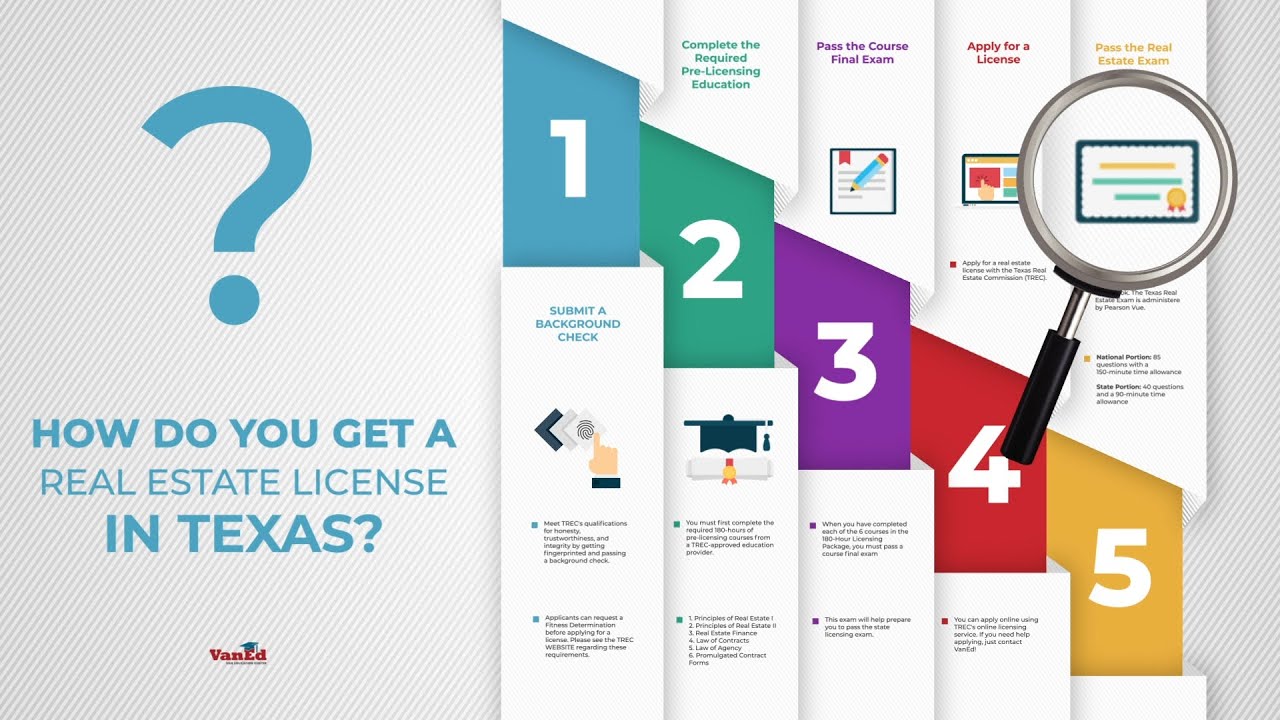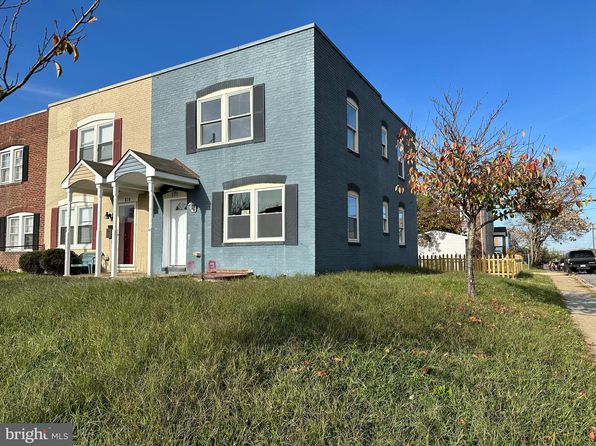
There are many options when it comes to the cost of a real estate agent. Some agents charge 6% and 4% respectively, while others charge 5%. Others charge as little 2%. This article will discuss some of the options. You will ultimately have to decide which option is best for you. Here are some tips to help you decide how much you'd rather pay. Here are some of the options that you have. Make sure you compare the costs of each and decide for yourself.
6%
The standard 6% agent commission agreement for real-estate listing agreements might be what you have found if your search for an agent for selling your home. While the standard listing agreement favors an agent, you don’t necessarily have one. You can even download a blank to check how it looks. Listed below are some pros and cons to using a 6% agent commission for real estate listing.

A typical transaction in real estate would result in a 6% commission. This commission is split equally between both the listing agent as well as the buyer's representative. For example, if a home cost $250,000 and an agent receives 6% of that, they would receive $7,000. Sometimes, an agent and broker split the commission. The average commission for a buyer's representative is $12,000. This includes a 6% agency commission.
4%
The majority of sellers and buyers agree on a 4% commission rate for their realty agents. This commission is based a pre-negotiated percentage from the selling price. Of the remaining portion, the listing agent's company receives 25 percent. In some cases, agents might charge as little 1% of selling price. Although this may seem like a great deal, it is not always true. Many agents charge much higher to differentiate themselves from the rest.
It is important to know how the commission split works. A buyer's agents may get a lower percentage than an expert agent, but an agent who is newer will be paid a lower commission. The commission split between buyer's agents and listing agents will likely be lower than that of the former. An agent's commission may range from 4% up to 6% depending on the industry and the broker’s agreement.
5%
A 5% agent commission is sufficient to compensate top-producing agents. A 5% commission reduces the broker's share of the buyer's sale from 3% to 2.5%. That's $5,000 for a million-dollar transaction. It is important to keep in mind that a lower commission means a smaller marketing budget, and a lower listing price. This will reduce exposure for potential buyers, and ultimately, decrease your chances of selling.

It is fair to charge a 5% agent commission when selling a property. But, what about when the property is more complicated? New York co-ops are notoriously difficult for sellers. A typical co-op can be more difficult to sell than a traditional townhouse. This is due to the complexity of the board application process. Listing agents use their board package knowledge to justify a 6% rate of agent commission. Brooklyn is just as complicated as Queens in terms of board application processes.
FAQ
How long does it take to get a mortgage approved?
It depends on several factors such as credit score, income level, type of loan, etc. It usually takes between 30 and 60 days to get approved for a mortgage.
How do I calculate my interest rates?
Market conditions can affect how interest rates change each day. In the last week, the average interest rate was 4.39%. The interest rate is calculated by multiplying the amount of time you are financing with the interest rate. If you finance $200,000 for 20 years at 5% annually, your interest rate would be 0.05 x 20 1.1%. This equals ten basis point.
How much money do I need to purchase my home?
It depends on many factors such as the condition of the home and how long it has been on the marketplace. Zillow.com reports that the average selling price of a US home is $203,000. This
What flood insurance do I need?
Flood Insurance protects against damage caused by flooding. Flood insurance can protect your belongings as well as your mortgage payments. Find out more about flood insurance.
What should you think about when investing in real property?
You must first ensure you have enough funds to invest in property. You will need to borrow money from a bank if you don’t have enough cash. Aside from making sure that you aren't in debt, it is also important to know that defaulting on a loan will result in you not being able to repay the amount you borrowed.
Also, you need to be aware of how much you can invest in an investment property each month. This amount must be sufficient to cover all expenses, including mortgage payments and insurance.
You must also ensure that your investment property is secure. It would be best if you lived elsewhere while looking at properties.
What should I be looking for in a mortgage agent?
A mortgage broker helps people who don't qualify for traditional mortgages. They search through lenders to find the right deal for their clients. This service is offered by some brokers at a charge. Some brokers offer services for free.
What is the maximum number of times I can refinance my mortgage?
It all depends on whether your mortgage broker or another lender is involved in the refinance. In both cases, you can usually refinance every five years.
Statistics
- When it came to buying a home in 2015, experts predicted that mortgage rates would surpass five percent, yet interest rates remained below four percent. (fortunebuilders.com)
- The FHA sets its desirable debt-to-income ratio at 43%. (fortunebuilders.com)
- Based on your credit scores and other financial details, your lender offers you a 3.5% interest rate on loan. (investopedia.com)
- Private mortgage insurance may be required for conventional loans when the borrower puts less than 20% down.4 FHA loans are mortgage loans issued by private lenders and backed by the federal government. (investopedia.com)
- Some experts hypothesize that rates will hit five percent by the second half of 2018, but there has been no official confirmation one way or the other. (fortunebuilders.com)
External Links
How To
How to Manage a Rental Property
Although renting your home is a great way of making extra money, there are many things you should consider before you make a decision. We will show you how to manage a rental home, and what you should consider before you rent it.
Here's how to rent your home.
-
What is the first thing I should do? You need to assess your finances before renting out your home. If you have any debts such as credit card or mortgage bills, you might not be able pay for someone to live in the home while you are away. Also, you should review your budget to see if there is enough money to pay your monthly expenses (rent and utilities, insurance, etc. It may not be worth it.
-
How much will it cost to rent my house? There are many factors that go into the calculation of how much you can charge to let your home. These factors include location, size, condition, features, season, and so forth. It's important to remember that prices vary depending on where you live, so don't expect to get the same rate everywhere. Rightmove has found that the average rent price for a London one-bedroom apartment is PS1,400 per mo. This means that your home would be worth around PS2,800 per annum if it was rented out completely. That's not bad, but if you only wanted to let part of your home, you could probably earn significantly less.
-
Is it worth it. You should always take risks when doing something new. But, if it increases your income, why not try it? It is important to understand your rights and responsibilities before signing anything. Not only will you be spending more time away than your family, but you will also have to maintain the property, pay for repairs and keep it clean. Before signing up, be sure to carefully consider these factors.
-
Is there any benefit? Now that you have an idea of the cost to rent your home, and are confident it is worth it, it is time to consider the benefits. You have many options to rent your house: you can pay off debt, invest in vacations, save for rainy days, or simply relax from the hustle and bustle of your daily life. You will likely find it more enjoyable than working every day. And if you plan ahead, you could even turn to rent into a full-time job.
-
How do I find tenants After you have made the decision to rent your property out, you need to market it properly. Start by listing online using websites like Zoopla and Rightmove. Once potential tenants contact you, you'll need to arrange an interview. This will help you evaluate their suitability as well as ensure that they are financially secure enough to live in your home.
-
What are the best ways to ensure that I am protected? If you don't want to leave your home empty, make sure that you have insurance against fire, theft and damage. You will need insurance for your home. This can be done through your landlord directly or with an agent. Your landlord may require that you add them to your additional insured. This will cover any damage to your home while you are not there. This doesn't apply to if you live abroad or if the landlord isn’t registered with UK insurances. In such cases you will need a registration with an international insurance.
-
If you work outside of your home, it might seem like you don't have enough money to spend hours looking for tenants. You must put your best foot forward when advertising property. You should create a professional-looking website and post ads online, including in local newspapers and magazines. Additionally, you'll need to fill out an application and provide references. Some prefer to do it all themselves. Others hire agents to help with the paperwork. In either case, be prepared to answer any questions that may arise during interviews.
-
What should I do after I have found my tenant? If you have a current lease in place you'll need inform your tenant about changes, such moving dates. You may also negotiate terms such as length of stay and deposit. You should remember that although you may be paid after the tenancy ends, you still need money for utilities.
-
How do I collect rent? When it comes to collecting the rent, you will need to confirm that the tenant has made their payments. You'll need remind them about their obligations if they have not. After sending them a final statement, you can deduct any outstanding rent payments. You can call the police if you are having trouble getting hold of your tenant. If there is a breach of contract they won't usually evict the tenant, but they can issue an arrest warrant.
-
What can I do to avoid problems? While renting out your home can be lucrative, it's important to keep yourself safe. You should install smoke alarms and carbon Monoxide detectors. Security cameras are also a good idea. Also, make sure you check with your neighbors to see if they allow you to leave your home unlocked at night. You also need adequate insurance. You should never allow strangers into your home, no matter how they claim to be moving in.